On the morning of April 28, at a press conference organized by the Ministry of Home Affairs to provide information on the arrangement and reorganization of administrative units at all levels, Director of the Department of Local Government Phan Trung Tuan said that the progress of work to put the 2-level local government model into operation is being carried out very drastically and urgently by the agencies. This is a very large project, with the greatest impact and influence on the locality so far.
"It can be said that in the near future we will form a new set of maps of the whole country and of each locality; at the same time, for the first time in history we will organize a two-level local government model," said Mr. Tuan.
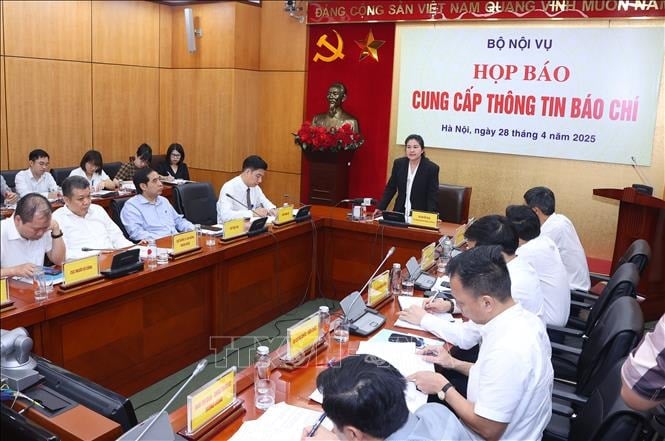
It is expected that after the arrangement, there will be about 3,300 commune-level administrative units.
To implement the two-level local government model, the National Assembly agencies are urgently amending relevant contents in the Constitution, according to the roadmap, expected to be approved in June 2025 and take effect from July 1 by a resolution amending and supplementing a number of articles of the Constitution. In parallel, the Ministry of Home Affairs is also consulting to submit to the National Assembly the Law on Cadres and Civil Servants (amended) and the Law on Organization of Local Government (amended) at this 9th session, to ensure that from July 1, the two-level local government model will come into operation.
Up to this point, 52 provincial-level localities subject to rearrangement have basically completed the project development. The projects for rearranging commune-level administrative units of the localities have also been basically completed. The Ministry of Home Affairs has received 20 project dossiers from the localities.
"We work day and night, through holidays, including the Minister and leaders of the Ministry, who do not have holidays, and are fully focused on ensuring the progress of the Ministry of Home Affairs submitting projects to the Government , the National Assembly, and the National Assembly Standing Committee," sharing this, Mr. Tuan emphasized that the progress is very urgent, the Ministry of Home Affairs strives to submit to the Government all projects for provincial and communal arrangements nationwide before May 10. It is expected that on May 15, the Government will submit all documents on projects for provincial and communal arrangements nationwide for the National Assembly Standing Committee and the National Assembly to consider and decide.
Regarding the number of commune-level administrative units reduced according to the Central Government's direction, Mr. Tuan said that he had only received 20 project dossiers from localities, so there was no exact figure on the number of new communes and wards after the rearrangement. Initially, it is expected that after the rearrangement, the number of communes will be reduced by about 67% compared to the present, leaving about 3,300 commune-level administrative units. The final number of remaining communes will be available when the Ministry of Home Affairs appraises the projects submitted by localities and submits them to the Government, then completes the dossier and submits it to the National Assembly Standing Committee for decision.
It is possible to arrange for current members of the Standing Committee of the Provincial Party Committee and City Party Committee to become new Secretaries of communes and wards.
Regarding the standards for positions and titles of communal-level civil servants, according to Mr. Tuan, the Ministry of Home Affairs has advised the Government to submit to the National Assembly the revised Law on Cadres and Civil Servants, which proposes a unified system of tools in the political system at all levels in localities (provincial and communal levels). Later, there will be a system of standards for positions and titles of cadres and civil servants, including communal-level civil servants. After the Law on Cadres and Civil Servants is promulgated, the Ministry will advise the Government to issue a decree with specific regulations for cadres and civil servants, including communal-level civil servants.
Regarding the personnel plan, Mr. Phan Trung Tuan said that when developing the project, the Government Party Committee submitted it to the Politburo for careful consideration three times before submitting it to the Central Committee. Based on careful consideration, including personnel and staffing issues, the current number of staffing levels will be basically maintained for the time being. District-level management leaders, civil servants, and public employees will be transferred to the commune level after the arrangement.
The personnel plan is stated in Conclusion 150-KL/TW of the Politburo, but the spirit of implementing the principle of "locality decides, locality acts, locality is responsible" so the Central Government only guides the principles and policies, while the locality has full authority to decide on the personnel arrangement at the commune level.
"It is possible to arrange for current members of the Provincial Party Committee and City Party Committee to become new ward and commune Party Secretaries. Not only department directors, provincial or city Party Committee members, even important localities can arrange for current provincial Standing Committee members to become heads of local Party Committees," Mr. Tuan informed, at the same time saying that the locality will decide and be responsible for the personnel arrangement of who will be Secretary, Chairman, Vice Chairman... according to current regulations. Within 5 years, the Ministry of Home Affairs will issue a new set of standards to determine the staffing of each provincial and commune level in the future.
Regarding the opinion that 87 provincial cities and cities under centrally-run cities should be retained by considering cities as a type of grassroots local government, Mr. Phan Trung Tuan said that the initial proposal of the Ministry of Home Affairs still has the model of cities and towns and identifies this as a grassroots administrative unit.
"According to our initial proposal, there will be no more communes and wards below, thus ensuring the organization of local government at two levels: provincial and grassroots. The grassroots level includes communes, wards, special zones, cities, and towns," said the Director of the Department of Local Government.
According to Mr. Phan Trung Tuan, when submitting, the competent authority carefully considered this matter. The Politburo reviewed and commented on this project three times, carefully considering why the names of towns and cities under the province were not retained. The reason is because we have agreed on the policy of not organizing at the district level, the grassroots level is only the commune level. On the other hand, there is a psychological factor of fear of impact and influence on many people. They will wonder why the policy is not to organize at the district level but still retain the cities and towns that are currently at the district level.
"After careful consideration, the Politburo and the Central Committee agreed to organize local government at two levels, not at the district level," said Mr. Tuan.
The Politburo and the Central Committee also agreed to organize a relatively compact model to ensure the best service to the people, ensuring effectiveness and efficiency, and the grassroots government being close to the people... Accordingly, the provincial and centrally-run city levels will remain; the commune level will only have communes, wards, and special zones (organized in island areas). In the future, there will be about 12-13 special zones according to the plan submitted by the localities.
Source: https://hanoimoi.vn/co-the-bo-tri-uy-vien-ban-thuong-vu-tinh-uy-thanh-uy-ve-lam-bi-thu-xa-phuong-moi-700638.html



![[Photo] General Secretary To Lam receives Chief of the Central Office of the Lao People's Revolutionary Party](https://vphoto.vietnam.vn/thumb/1200x675/vietnam/resource/IMAGE/2025/5/30/140435f4b39d4599a3d17975dfb444c5)
![[Photo] Journalists moved to tears at the Memorial Service for the soldiers who died in Gac Ma](https://vphoto.vietnam.vn/thumb/1200x675/vietnam/resource/IMAGE/2025/5/30/9454613a55c54c16bf8c0efa51883456)

![[Photo] A delegation of 100 journalists from the Vietnam Journalists Association visits the soldiers and people of Truong Sa island district.](https://vphoto.vietnam.vn/thumb/1200x675/vietnam/resource/IMAGE/2025/5/30/0984a986227d4e988177f560d2e1563e)
![[Photo] National Conference "100 years of Vietnamese Revolutionary Press accompanying the glorious cause of the Party and the nation"](https://vphoto.vietnam.vn/thumb/1200x675/vietnam/resource/IMAGE/2025/5/30/1cf6cd5c8a934ebfa347028dcb08358c)





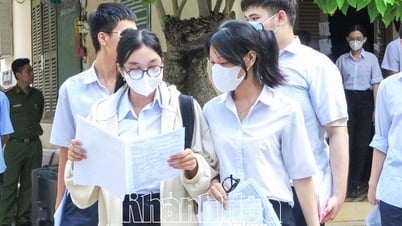

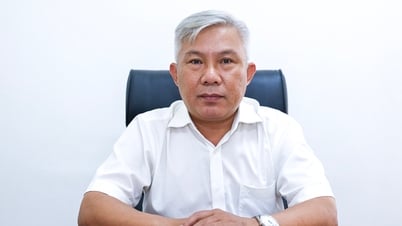






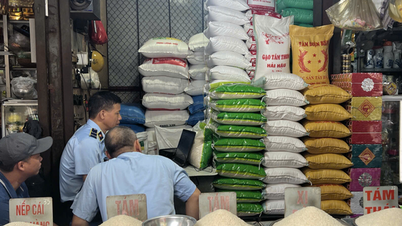
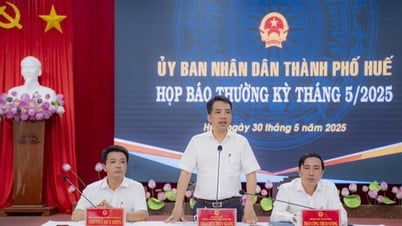
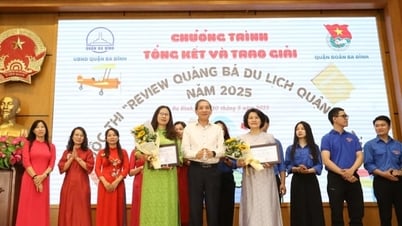






































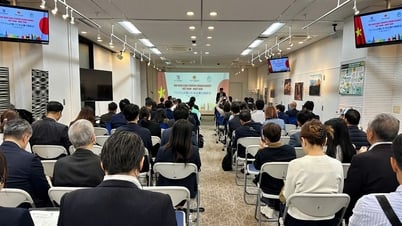



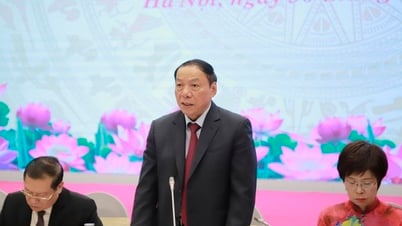






















Comment (0)